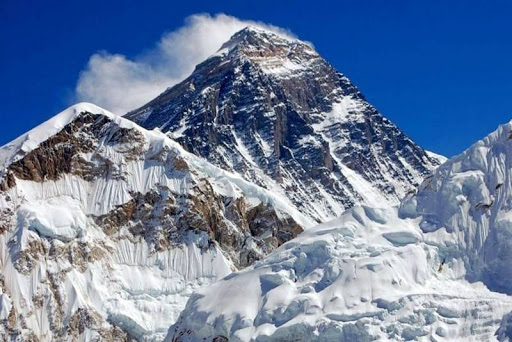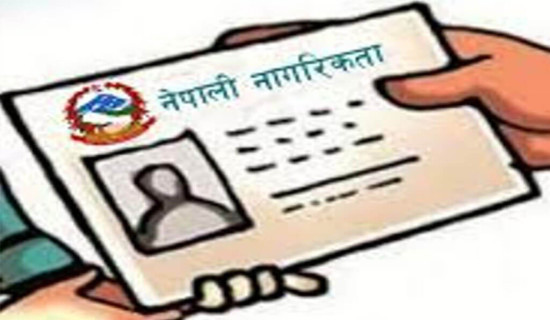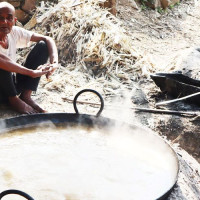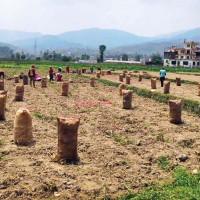- Friday, 6 February 2026
‘Shun pollution to pay respect to mountains’
By A Staff Reporter,Kathmandu, May 29: Glaciers in the Sagarmatha (Everest) region are melting at an alarming rate, so climbers are calling for greater concern about plastic pollution in the area and more respect for this vital water tower.
Purnima Shrestha, Nepali mountaineer and photojournalist, who recently returned from Sagarmatha, said the Khumbu glaciers are flowing like rivers, a clear sign of rapid melting and impact of climate change. She expressed concern that people are more focused on competing to reach the summit than on respecting the mountain.
“Summiteers should understand the value of Sagarmatha and be committed to protecting its environment before attempting to scale the peak. It is not about ego or competition. Climbers must be aware of the mountain’s environmental significance,” she said.
Shrestha, who has scaled Sagarmatha five times, also highlighted the devastating impact of glacier melting on Gorakshep, the last village below the base camp. “The houses built in 2017 are now cracked, some are sinking, and the villagers are facing a severe water crisis,” she said. Shrestha expressed concern that if the glaciers continue melting at the current rate, the village might not last long.
Another mountaineer, Ikramul Hasan Shakil from Bangladesh, said that he has seen plastic pollution in the region which is alarming for temperature rise. Shakil, working as an environmental advocate in Bangladesh, has completed his Sea-to-Summit expedition, walking over 1,400 kilometres from Inani Beach, Cox’s Bazar, Bangladesh to the summit of Sagarmatha.
He said he summited Sagarmatha to raise awareness about plastic pollution, sustainable living, and climate change.
Over the 84-day trek, Shakil swam across the Jamuna River, walked through Dhaka, engaged with communities in Bangladesh, India and Nepal, and collected plastic waste along the way.
His effort sparked global interest and potentially earned him a Guinness World Record as the youngest and fastest Bangladeshi to summit Everest from sea level.
Shrestha became the first woman to do so three times in one season in last spring. As one of UNDP Nepal’s Climate Influencers, Shrestha has been raising awareness about climate justice, plastic pollution and particularly the disproportionate impacts on mountain communities and marginalised populations in various national and international forums.
On Wednesday, United Nations Development Programme (UNDP) Nepal honoured Shakil, UNDP Youth Advocate, and Shrestha, UNDP Nepal’s Climate Influencer, in a special felicitation and interaction programme held at the UN House in Kathmandu.
The initiative is part of the Plastics Circularity Project supported by The Coca-Cola Foundation (TCCF) and implemented by UNDP across nine Asian countries, focusing on curbing plastic pollution through community engagement, innovation, and cross-border youth advocacy.
Speaking at the felicitation programme, Kyoko Yokosuka, UNDP Resident Representative in Nepal said, “Shakil’s journey is not just a personal triumph, it is a powerful call for collective responsibility. Both Shakil and Shrestha have exemplified how individual action can elevate global awareness. Their commitment to climate advocacy through extraordinary personal feats is both inspiring and urgent in today’s context.”
She added, “The Himalayas are at the frontlines of climate change. Through partnerships with voices like theirs, we seek to amplify community-centred narratives for meaningful climate action. From sea level to the top of the world, Shakil has carried the message that our fight against plastic pollution must be as bold and borderless as his expedition.”
Meanwhile, International Sagarmatha Day is being celebrated on May 29 in Nepal to commemorate the first successful summit of Sagarmatha by Edmund Hillary and Tenzing Norgay Sherpa on May 29, 1953. The government officially began marking the day from 2008.
















